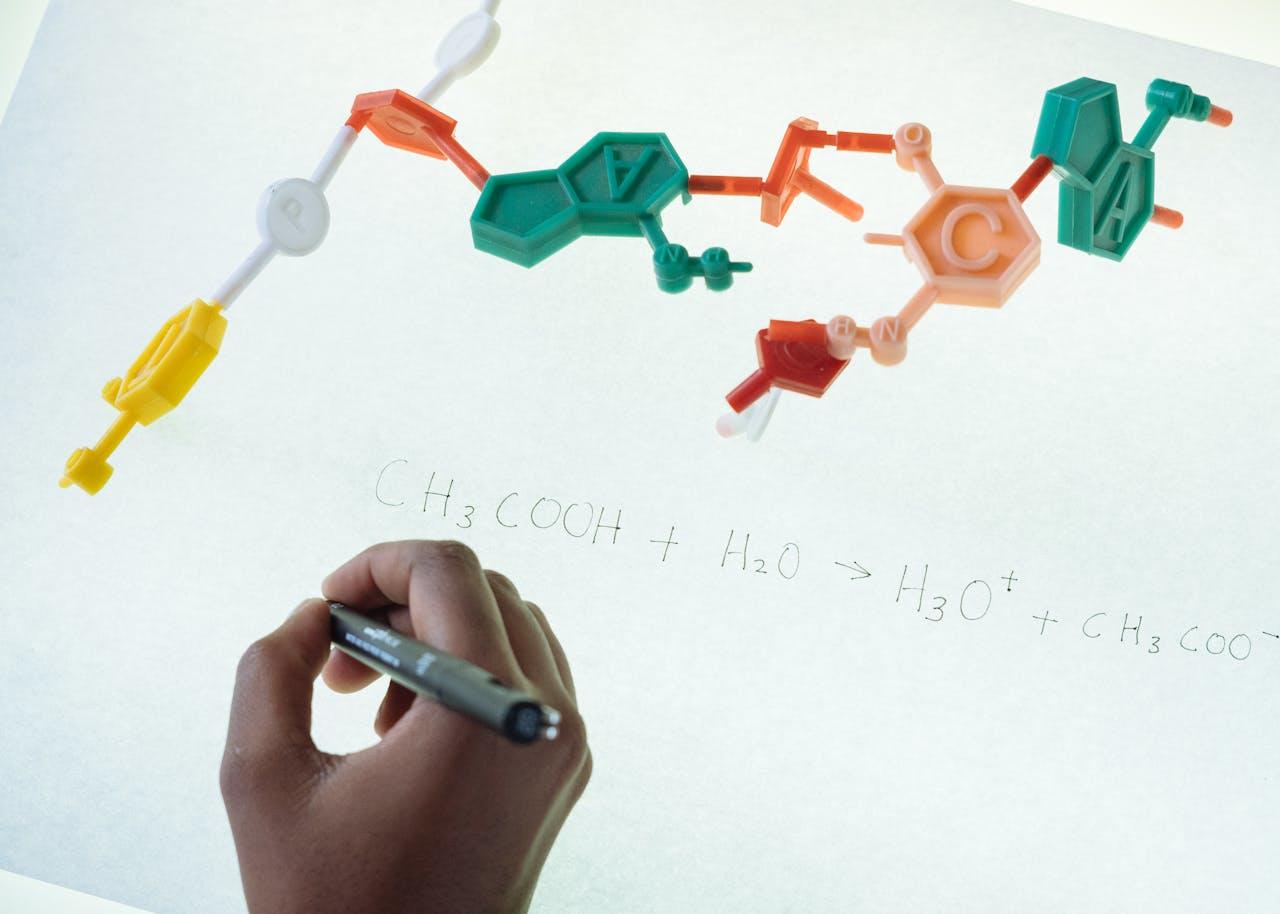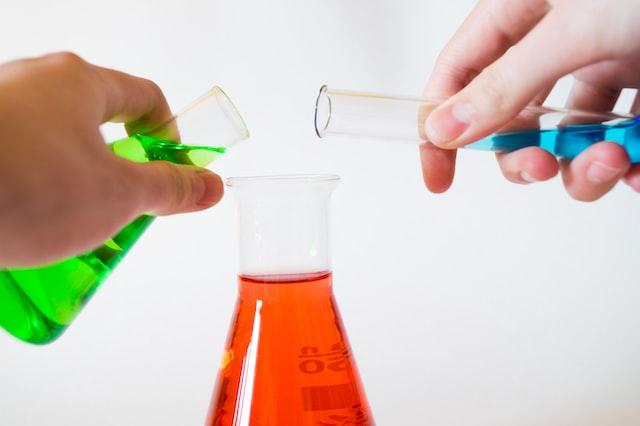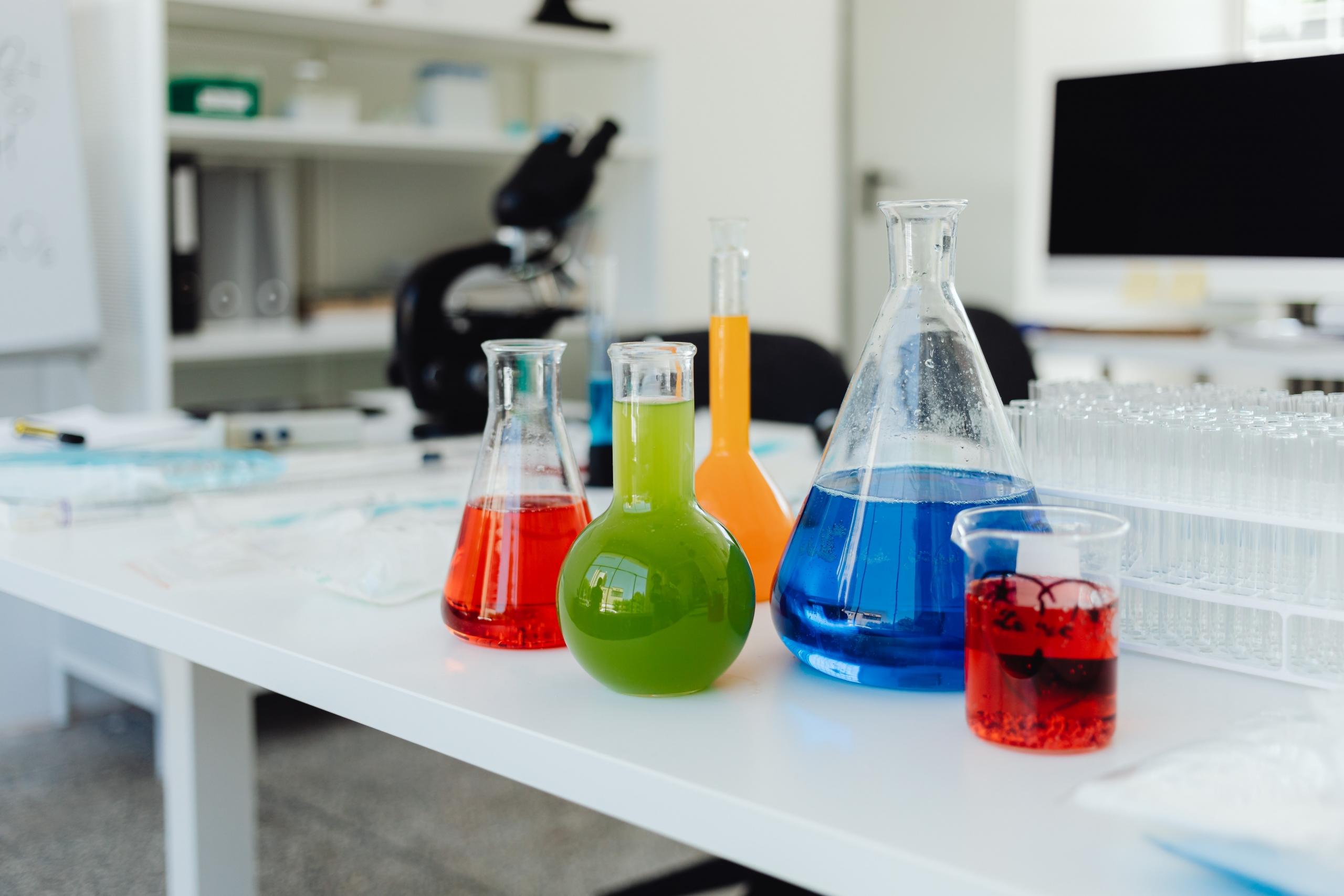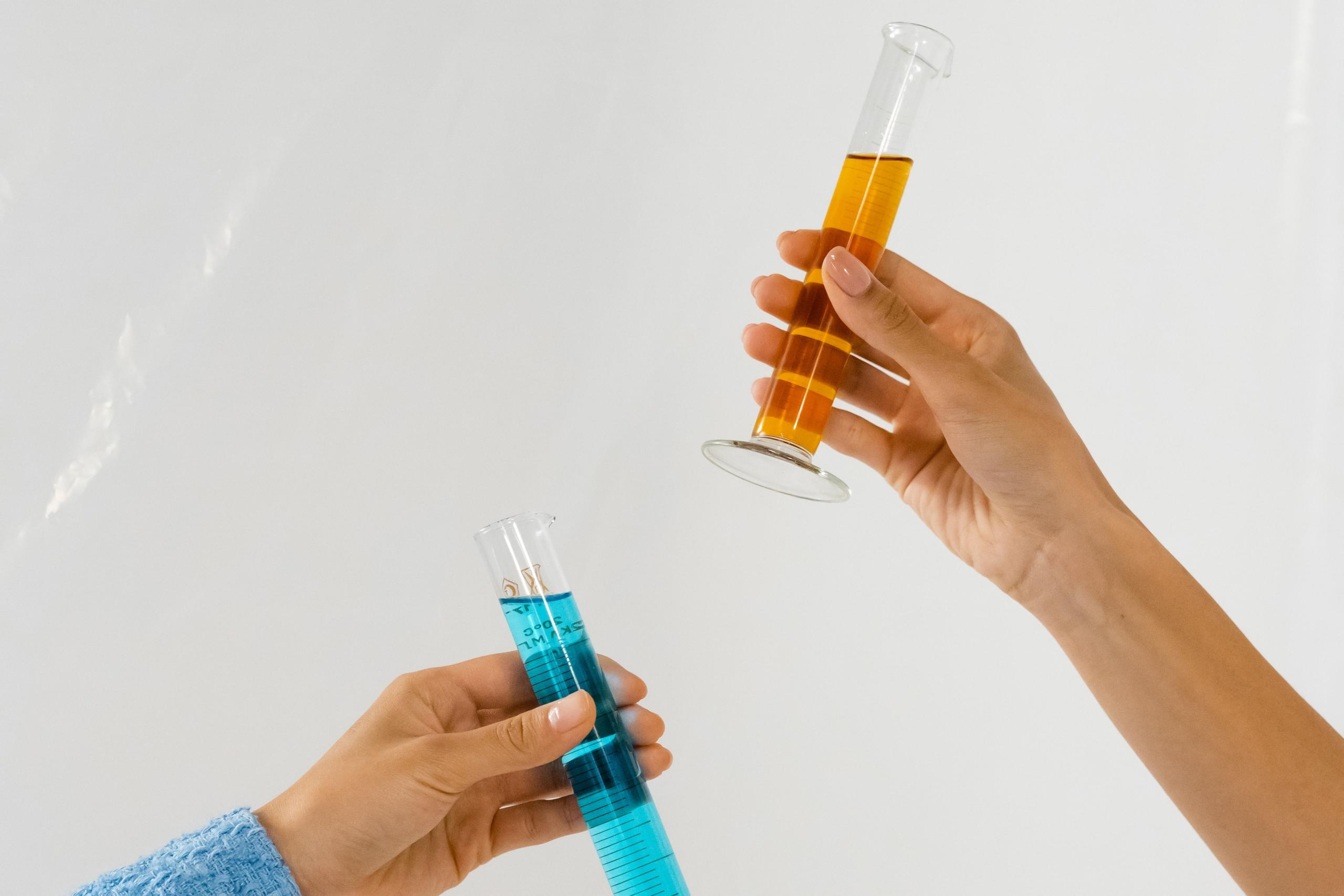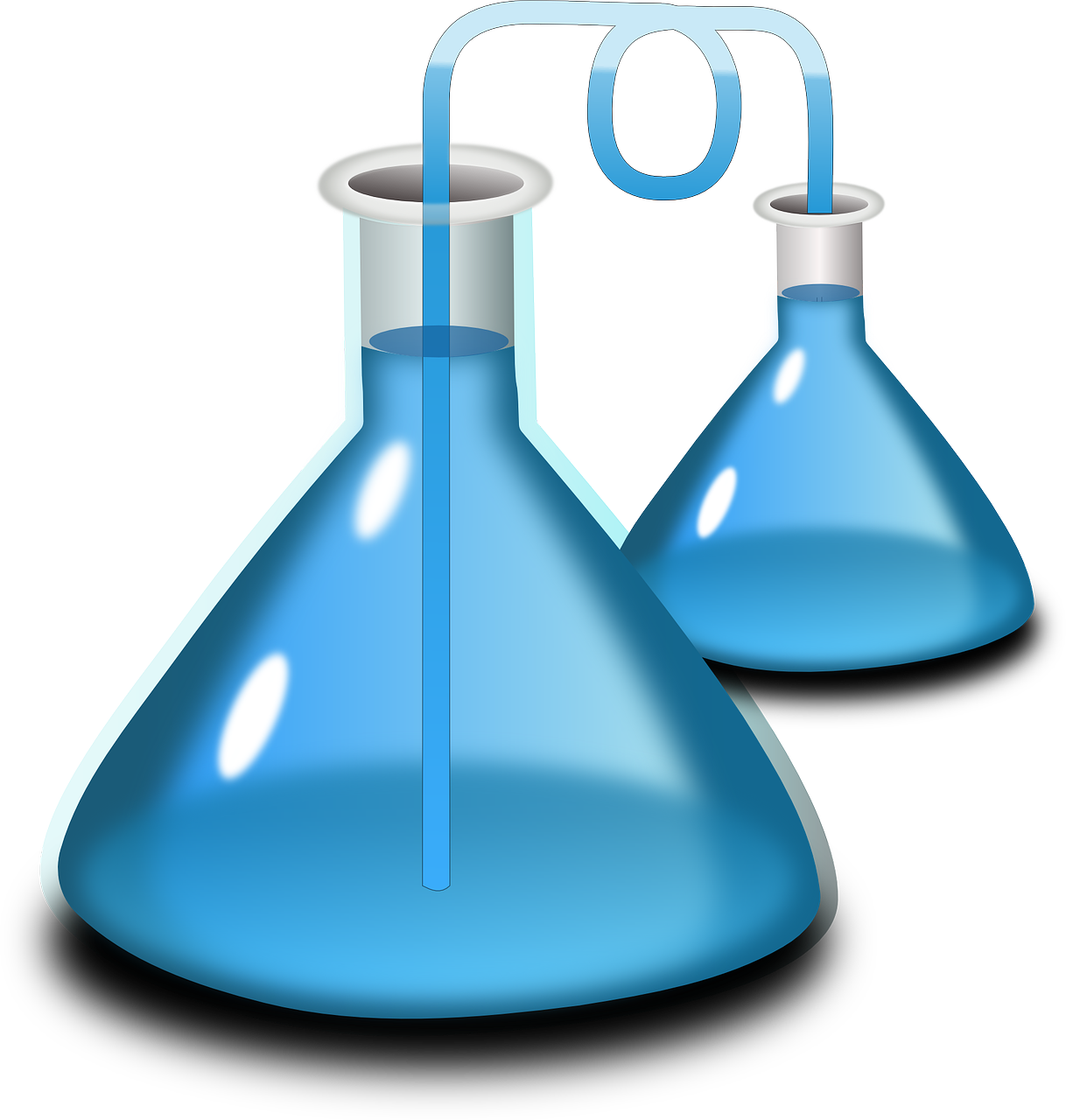The Sijil Tinggi Persekolahan Malaysia (STPM) is a national pre-university level examination that is highly recognised locally and internationally. It is run by the Malaysian Examinations Council and is an affordable option compared to programmes like A-levels or foundation courses. STPM gives you a solid foundation that paves your way to pursue higher education in not only local but international universities as well. Its modular system and diverse subject choices make it flexible and suitable for students aiming to excel academically while developing critical thinking skills.
STPM chemistry is a fantastic option with many benefits for those who love science, especially if you want to pursue careers in fields like medicine, pharmacy, engineering, or environmental sciences. This subject explores the key ideas of physical, inorganic, and organic chemistry, focusing on problem-solving and analytical skills. Furthermore, you get hands-on lab experience, helping you see how chemistry works in the real world.
If you chose chemistry as one of your subjects in STPM, you will find this article useful. We will explore the STPM syllabus to give you an idea of what is expected for this subject and all the topics that will be covered.

The Aims & Objectives of STPM Chemistry
Let’s get to know the aims and objectives of this subject:
Aims
The STPM chemistry syllabus is designed to help students learn more about chemistry. It sets them up for further studies at colleges and supports their journey into chemistry careers. Moreover, it helps students appreciate how chemistry plays a part in understanding the world and the universe.
Objectives
The objectives of this syllabus are to help students:
- Understand facts, terminologies and principles of chemistry
- Interpret phenomena by using models, laws and chemical principles
- Interpret and apply scientific information presented in various forms
- Solve problems related to chemistry
- Analyse, synthesise and evaluate information and ideas logically and critically
- Plan, carry out experiments, draw inferences and make deductions;
- Use scientific equipment properly and safely
- Develop positive attitudes and values towards the environment
What are the Topics Covered in STPM Chemistry?
The STPM chemistry syllabus is designed to cover three terms, with evaluations at the end of each one. It blends theoretical concepts with hands-on experiments to help students understand key ideas and how they apply them in the real world. It's in line with international pre-university standards, providing strong preparation for future studies in a range of scientific areas! Let’s take a look at the topics covered in each term:
First Term
There are six topics covered in the first term:
Atoms, Molecules and Stoichiometry
- Fundamental particles of an atom
- Relative atomic, isotopic, molecular and formula masses
- The mole and the Avogadro constant
Electronic Structure of Atoms
- Electronic energy levels of atomic hydrogen
- Atomic orbitals: s, p and d
- Electronic configuration
- Classification of elements into s, p, d and f blocks in the Periodic Table
Chemical Bonding
- Ionic bonding
- Covalent bonding
- Metallic bonding
- Intermolecular forces: van der Waals forces and hydrogen bonding
States of Matter
- Gases
- Liquids
- Solids
- Phase diagrams
Reaction Kinetics
- Rate of reaction
- Rate law
- The effect of temperature on reaction kinetics
- The role of catalysts in reactions
- Order of reactions and rate constants
Equilibria
- Chemical equilibria
- Ionic equilibria
- Solubility equilibria
- Phase equilibria
Second Term
There are seven topics covered in the second term:
Chemical Energetics
- Enthalpy changes of reaction, ΔH
- Hess’ law
- Born-Haber cycle
- The solubility of solids in liquids
Electrochemistry
- Half-cell and redox equations
- Standard electrode potential
- Non-standard cell potentials
- Fuel cells
- Electrolysis
- Applications of electrochemistry
Periodic Table: Periodicity
- Physical properties of elements of Period 2 and Period 3
- Reactions of Period 3 elements with oxygen and water
- Acidic and basic properties of oxides and hydrolysis of oxides
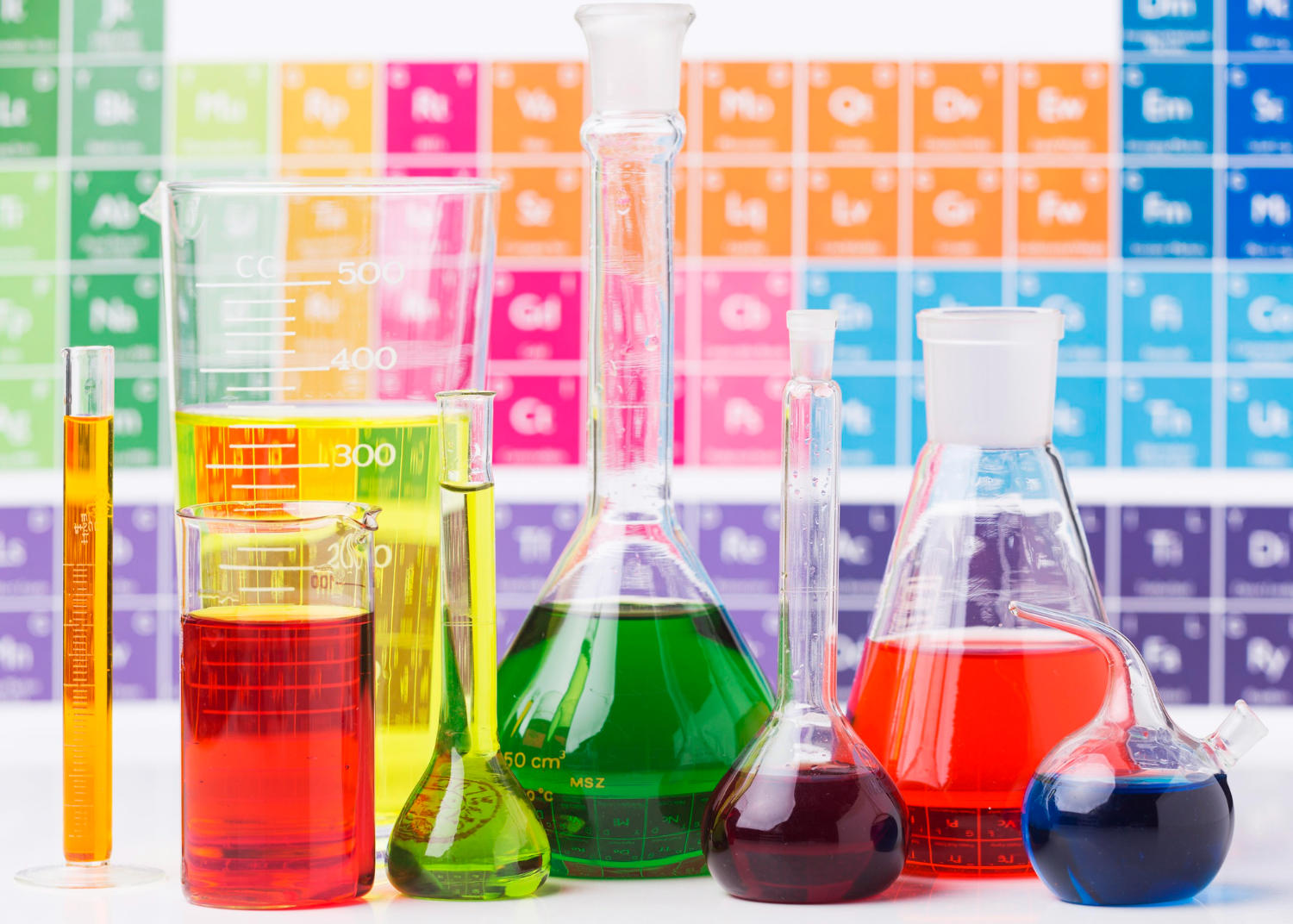
Group 2
- Selected Group 2 elements and their compounds
- Anomalous behaviour of beryllium
- Uses of Group 2 compounds
Group 14
- Physical properties of Group 14 elements
- Tetrachlorides and oxides of Group 14 elements
- Relative stability of +2 and +4 oxidation states of Group 14 elements
- Silicon, silicone and silicates
- Tin alloys
Group 17
- Physical properties of selected Group 17 elements
- Reactions of selected Group 17 elements
- Reactions of selected halide ions
- Industrial applications of halogens and their compounds
Transition Elements
- Physical properties of first row transition elements
- Chemical properties of first row transition elements
- Nomenclature and bonding of complexes
- Uses of first row transition elements and their compounds
Third Term
There are eight topics covered in the third term:
Introduction to Organic Chemistry
- Bonding of the carbon atoms: the shapes of ethane, ethene, ethyne and benzene molecules
- General, empirical, molecular and structural formulae of organic compounds
- Functional groups: classification and nomenclature
- Isomerism: structural and stereoisomerism
- Free radicals, nucleophiles and electrophiles
- Molecular structure and its effect on physical properties
- Inductive and resonance effect
Hydrocarbons
- Alkanes
- Alkenes
- Arenes
Haloalkanes
Hydroxy Compounds
- Introduction to hydroxy compounds
- Alcohols
- Phenols
Carbonyl Compounds
Carboxylic Acids and their Derivatives
- Carboxylic acid
- Acyl chlorides
- Esters
- Amides
Amines, Amino Acids and Proteins
- Amines
- Amino acids
- Protein
Polymers

Practical Syllabus
The school-based assessments for practical work take place throughout the form six school terms for students from government and private schools that have received approval from the MEC to conduct these assessments.
There are 13 compulsory experiments and one project that must be completed by the candidates which will be assessed by subject teachers during their respective terms.
Please refer to the project details below:
- Conducted in the third term
- Groups of 2–3 candidates
- Experiment and project information provided in the Teacher's and Student’s Manual for Practical Chemistry (downloadable from the MEC Portal during the first term of Form Six)
Please refer to the compulsory experiment details below:
- Candidates will be provided a work scheme before the compulsory experiment day to help them plan their practical work.
- Each experiment is designed to last one school double period.
- Subject teachers assess the practical work during the sessions and evaluate the practical reports.
- Assessments must follow the MEC-prepared guidelines.
Need help studying chemistry. Click here to find useful resources for STPM chemistry.
How Many Papers are there for the STPM Chemistry Exam?
In the current format, there are five papers in total for this subject. Students are required to attempt papers one, two and three and depending on the situation, attempt either paper four or paper five. Let's explore this in more detail.
All three papers one, two and three have three sections. Section A includes 15 multiple-choice questions, section B has two structured questions, and Section C features three essay questions. You should answer all questions in sections A and B, but only two out of the three essay questions in section C.
Paper 4 is the school-based practical assessment. It will be attempted by candidates from government and private schools which have been approved by the MEC to carry out the school-based assessment. As mentioned above, there are 13 mandatory experiments and one project that must be completed by the candidates. The experiments are conducted throughout all three terms while the project is conducted in the third term.
For the written practical test paper 5, eligible candidates include individual private candidates, those from private schools without permission to conduct school-based assessments of practical work, candidates repeating upper six in either government or private schools, individuals who have not attended classes for lower six and upper six for two consecutive years in government or private schools, and candidates studying chemistry outside the curriculum package offered by their schools. Candidates will sit for this paper in the third term. It has three compulsory structured questions to be answered.
Based on the criteria, you are required to sit for either paper four or paper five. If you would like to know more about the mark allocation, check out What Is the Grading System for STPM Chemistry.
Career Pathways in the Field of Chemistry
Studying STPM chemistry opens the doors for you to pursue a science or chemistry-related degree in the future. If you have an interest in chemistry, you will be interested to learn more about the career opportunities in this field. Let's find out together:
Chemical Engineer
Nearly every product we use today, like petrol and detergents, involves the work of a chemical engineer. They handle raw chemicals during production, designing and optimizing processes and improving existing methods. Their expertise in chemistry helps solve problems in industries such as petrochemicals, pharmaceuticals, and materials.
Toxicologist
Toxicologists explore how chemicals affect living organisms, merging chemistry knowledge with public health and environmental protection. This role involves analysing harmful substances, conducting research, and creating safety protocols, ultimately shaping regulations and community well-being.
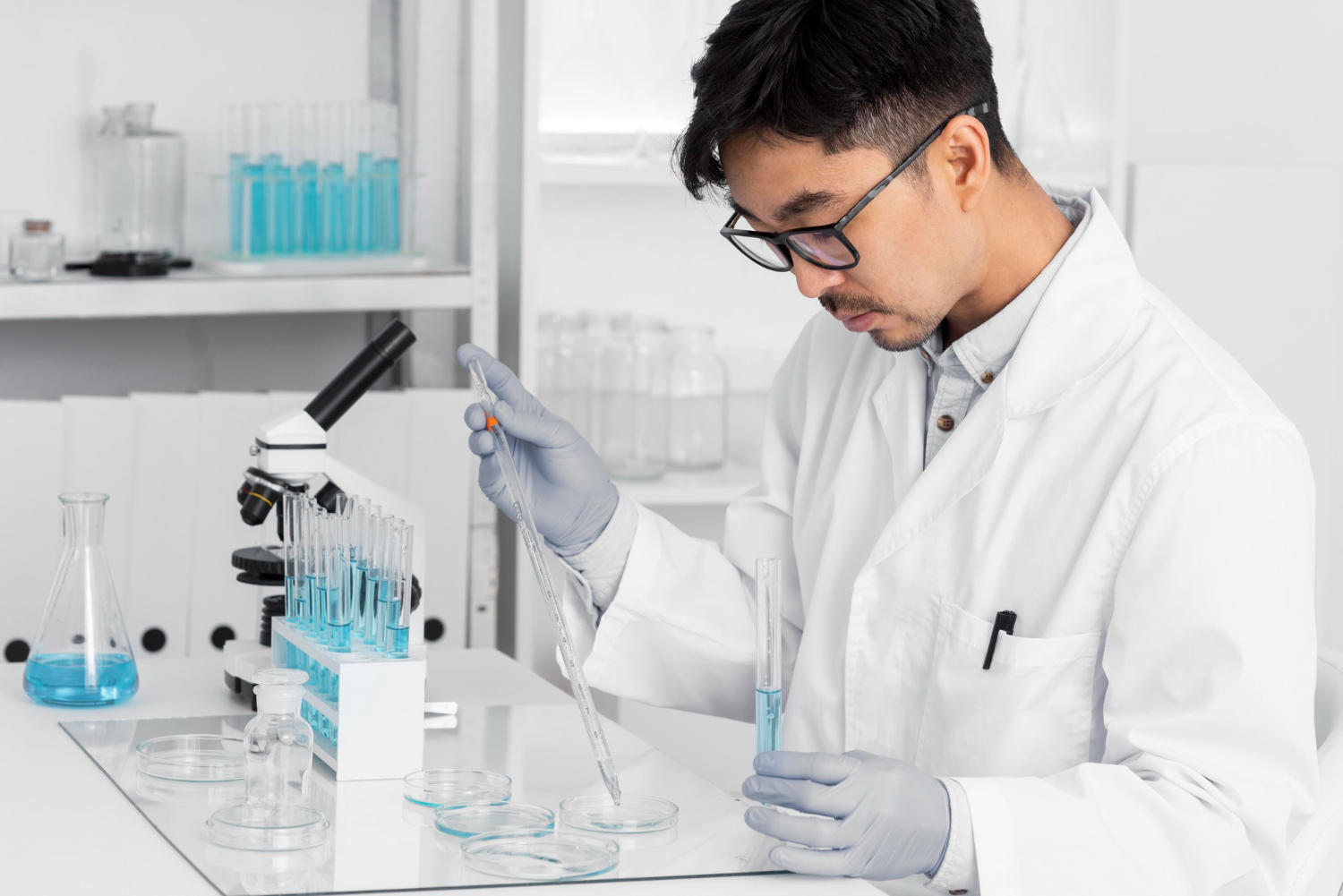
Material Scientist
This job requires you to study the structures and chemical properties of natural and synthetic materials like metals, alloys, rubber, ceramics, semiconductors, polymers, and glass. Explore methods to strengthen, combine, or create new materials with specific properties for diverse applications.
Teacher
Chemistry teachers, whether in schools, universities, or as private tutors, prepare lesson plans and demonstrate experiments to foster understanding in students pursuing scientific careers. They must simplify complex concepts to inspire critical thinking and stay updated on scientific advancements and educational methods.
Are you in search of a chemistry private tutor? Superprof links you with STPM chemistry tutors across Malaysia, and you can choose to have your lessons either face-to-face or online.
Do you need help with answering past year's STPM chemistry papers? With Superprof, you can easily find a tutor who suits your needs! Unlike traditional tuition centres, you get to pick your favourite tutor. Just hop onto the Superprof tutors page to explore our full range of tutors ready to help you with STPM Chemistry.
Concerned about the cost? No need to worry! With Superprof, you can find a skilled chemistry tutor that fits your budget. Plus, when you sign up for free, you’ll enjoy great benefits, like the chance to connect with your chosen tutor. This way, you can get to know them and share what you're hoping to achieve in your lessons!
Why not pick a date and time for your first free lesson? Make Superprof your go-to for top-notch tutoring and effective learning, and ace your STPM Chemistry with ease!
Summarise with AI:

